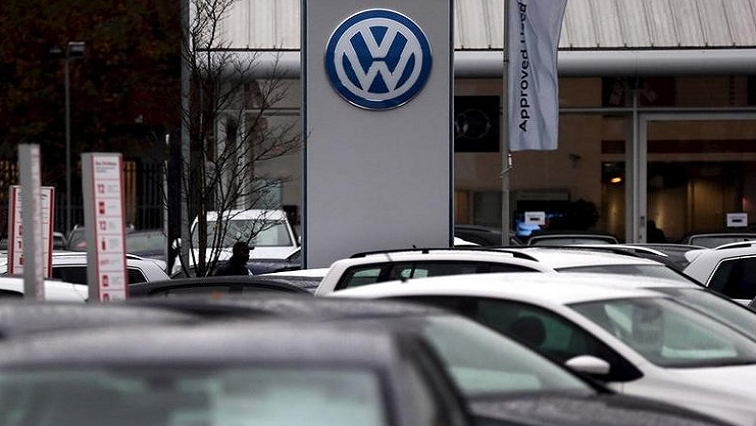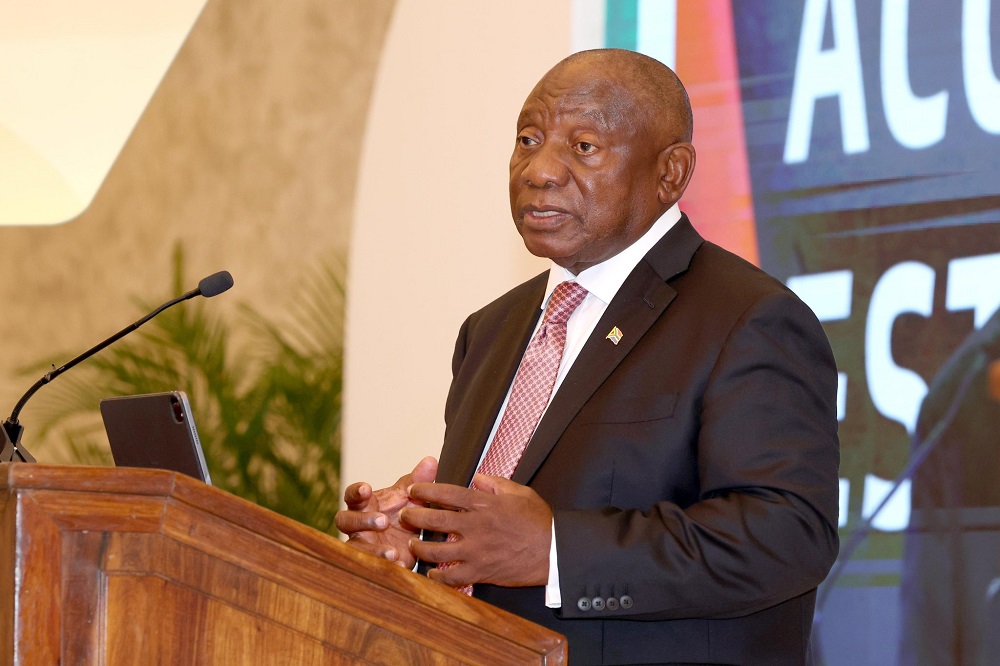-
File photo of Volkswagen cars parked outside a VW dealership in London, Britain November 5, 2015.
Volkswagen workers ramped up pressure on its management with further strikes at the carmaker’s German sites on Monday, as a fourth round of talks was set to begin in an increasingly bitter standoff over wage cuts and plant closures.
The latest round of negotiations, which initially kicked off in September, comes as Europe’s largest carmaker seeks ways to radically cut costs in Germany to better compete with cheaper Asian rivals that have entered its home market.
The VW crisis has hit Germany at a time of uncertainty and domestic political upheaval in Europe’s largest economy, as well as wider turmoil among the region’s automakers. Chancellor Olaf Scholz, trailing in polls ahead of a snap election, warned VW against factory closures over the weekend.
Negotiations will start at around 12:30 p.m. (1130 GMT) while workers will stage 4-hour strikes across nine of VW’s German sites, the second walkouts in a week and twice as long as the 2-hour-long strikes that took place the first time.
Even before talks began, union leaders were threatening more strikes if VW did not move closer to their position but left open the possibility of a solution by Christmas.
“It is time for the board to make a move,” IG Metall’s chief negotiator Thorsten Groeger said at a meeting in Wolfsburg where the company is headquartered.
“Our expectation for today is that the company stops insisting on its maximum positions and moves towards us. Trust has been destroyed… workers are very angry. The brand VW is under threat of becoming damaged by the behaviour of the board and the share price has been thrown to the bottom of the basement. That is the board’s responsibility.”
Workers, who dismiss any cuts to wages or plant closures, can crank up the pressure by eventually staging 24-hour strikes and even open-ended ones.
“Perhaps this will bring the VW Board of Management to its senses. Otherwise, we will continue to tighten the thumbscrews,” the IG Metall union said in a handout to employees on Friday, adding: “But then it will get really, really uncomfortable.”
Volkswagen insists that capacity and wage cuts are needed because demand for cars in Europe has fallen while costs in Germany make it impossible to compete with new rivals.
Its chief negotiator Arne Meiswinkel said that unions and management needed to find alternative pathways to a solution for its German plants after the company rejected a proposal put forward by unions as unsustainable.
“We continue to need to reduce costs, reduce overcapacity,” Meiswinkel said.
Volkswagen Group CEO Oliver Blume last week defended the company’s decisions as necessary in a fast-changing environment, saying management could not operate “in a fantasy world”.





